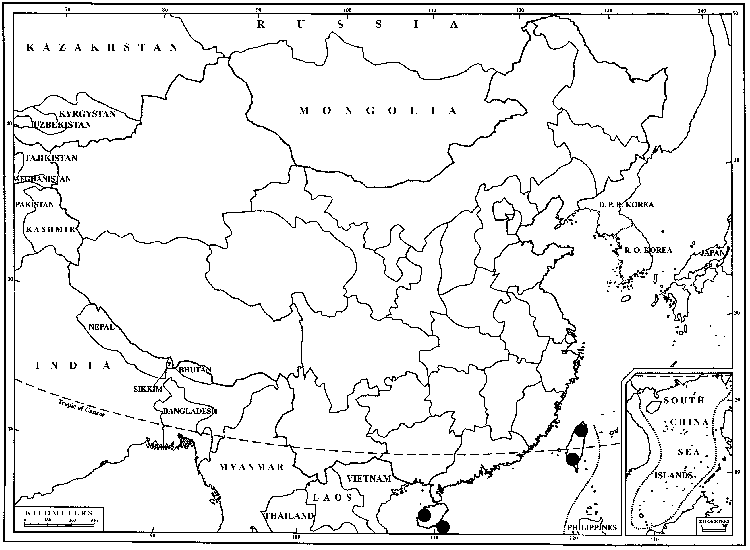Difference between revisions of "Calymperes tenerum"
Linnaea 37: 174. 1872,.
FNA>Volume Importer |
FNA>Volume Importer |
||
| Line 10: | Line 10: | ||
|name=Calymperes nashii | |name=Calymperes nashii | ||
|authority=R. S. Williams | |authority=R. S. Williams | ||
| − | }}{{Treatment/ID/Synonym | + | }} {{Treatment/ID/Synonym |
|name=Calymperes tenerum subsp. edamense | |name=Calymperes tenerum subsp. edamense | ||
|authority=Fleischer | |authority=Fleischer | ||
| Line 27: | Line 27: | ||
|elevation=low elevations (0 m) | |elevation=low elevations (0 m) | ||
|distribution=Fla.;Mexico;West Indies (Grand Bahama;Haiti;Puerto Rico);South America (s Brazil);Asia;Africa;Indian Ocean Islands;Pacific Islands;Australia. | |distribution=Fla.;Mexico;West Indies (Grand Bahama;Haiti;Puerto Rico);South America (s Brazil);Asia;Africa;Indian Ocean Islands;Pacific Islands;Australia. | ||
| − | |discussion=<p>Calymperes tenerum is very rare in the flora area, where it is known only from a few specimens from southern peninsular Florida. Its absence of teniolae, narrow cancellinae, and gemmae in golfball-like spheres make it distinctive. This species has a very wide distribution in the tropical parts of the world and is very common in the paleotropics; it is extremely scarce in the Neotropics, suggesting that it is an introduction there.</p> | + | |discussion=<p><i>Calymperes tenerum</i> is very rare in the flora area, where it is known only from a few specimens from southern peninsular Florida. Its absence of teniolae, narrow cancellinae, and gemmae in golfball-like spheres make it distinctive. This species has a very wide distribution in the tropical parts of the world and is very common in the paleotropics; it is extremely scarce in the Neotropics, suggesting that it is an introduction there.</p> |
|tables= | |tables= | ||
|references= | |references= | ||
| Line 50: | Line 50: | ||
|publication year= | |publication year= | ||
|special status= | |special status= | ||
| − | |source xml=https://jpend@bitbucket.org/aafc-mbb/fna-data-curation.git/src/ | + | |source xml=https://jpend@bitbucket.org/aafc-mbb/fna-data-curation.git/src/8f726806613d60c220dc4493de13607dd3150896/coarse_grained_fna_xml/V27/V27_978.xml |
|genus=Calymperes | |genus=Calymperes | ||
|species=Calymperes tenerum | |species=Calymperes tenerum | ||
Revision as of 17:59, 18 September 2019
Plants gregarious or tufted, pale green to brownish, straight or curved at tips when dry, to 5 mm or more but mostly much shorter. Leaves dimorphic; vegetative 1–3 mm; distal lamina oblong to broadly linear-lanceolate; margins 1-stratose or slightly thickened distally, entire; costa in cross section showing ad- and abaxial bands of stereid cells; medial cells distinct, 7–8 µm, slightly bulging adaxially, smooth or minutely papillose abaxially; teniolae absent; cancellinae ending in broad angles distally, adaxial cells smooth distally; gemmiferous leaves with apex of costa excurrent, bearing gemmae in pale golfball-like spheres all around on costa apex.
Habitat: Not producing sporophytes in flora area. Tree trunks and logs in hammock vegetation
Elevation: low elevations (0 m)
Distribution

Fla., Mexico, West Indies (Grand Bahama, Haiti, Puerto Rico), South America (s Brazil), Asia, Africa, Indian Ocean Islands, Pacific Islands, Australia.
Discussion
Calymperes tenerum is very rare in the flora area, where it is known only from a few specimens from southern peninsular Florida. Its absence of teniolae, narrow cancellinae, and gemmae in golfball-like spheres make it distinctive. This species has a very wide distribution in the tropical parts of the world and is very common in the paleotropics; it is extremely scarce in the Neotropics, suggesting that it is an introduction there.
Selected References
None.